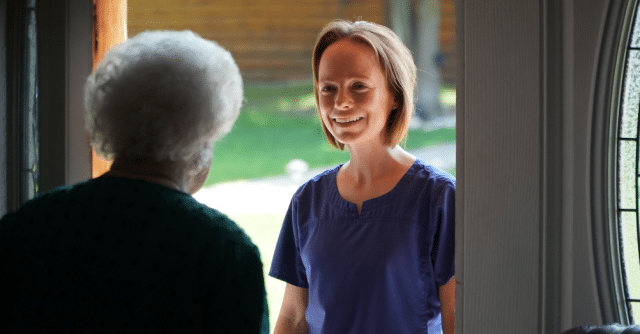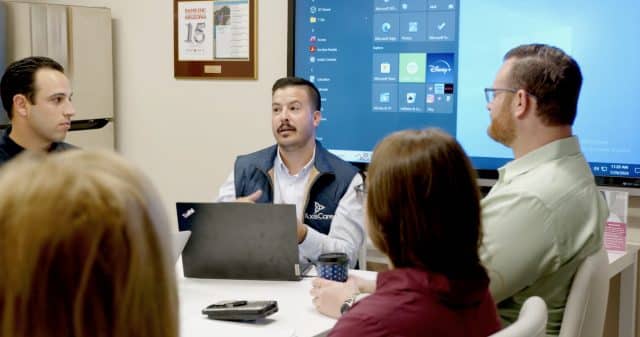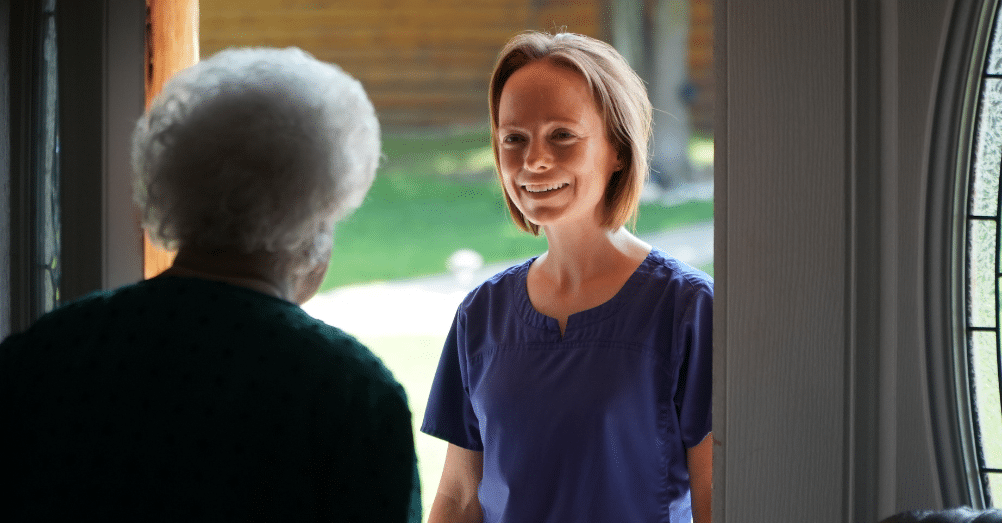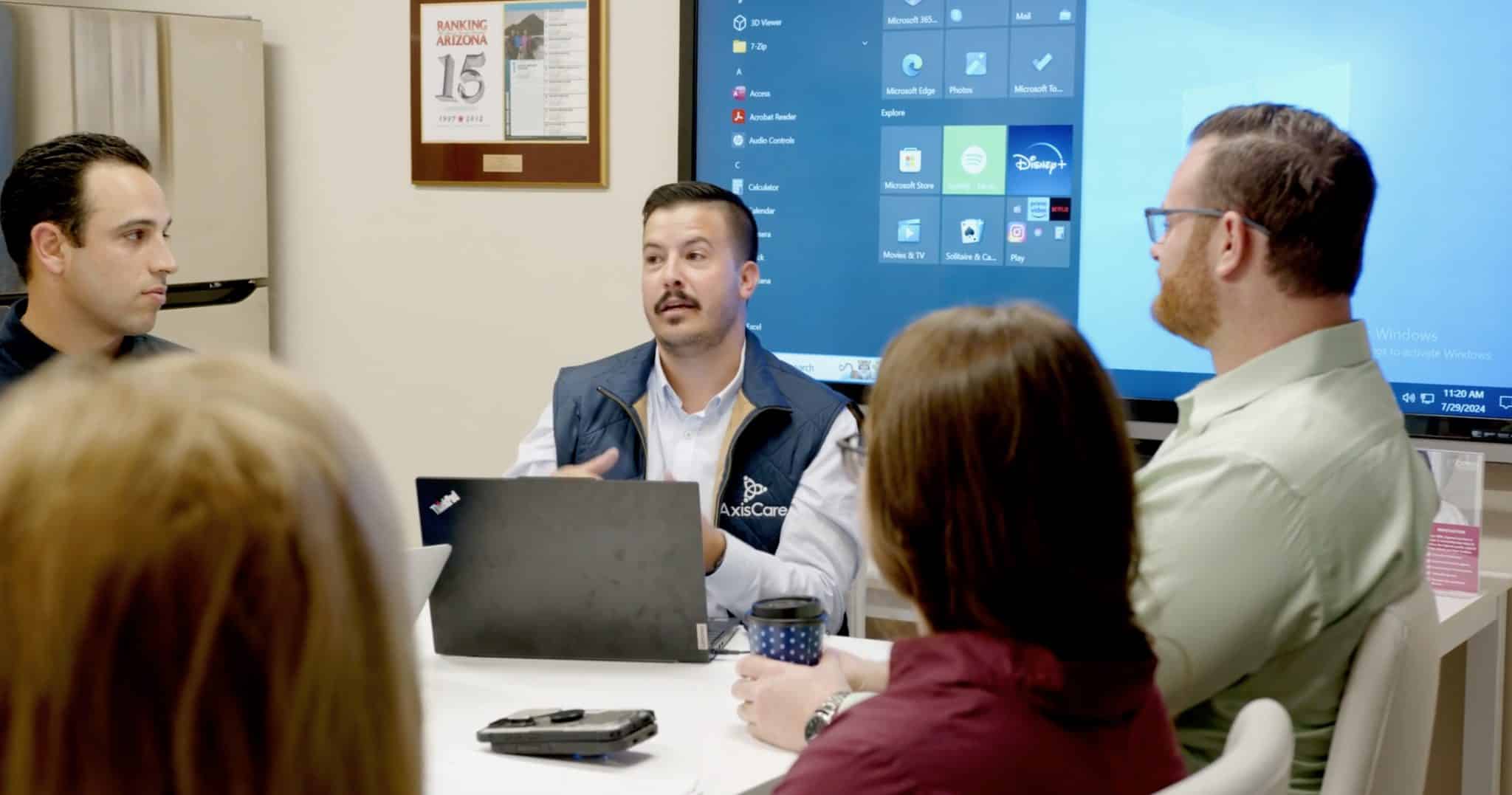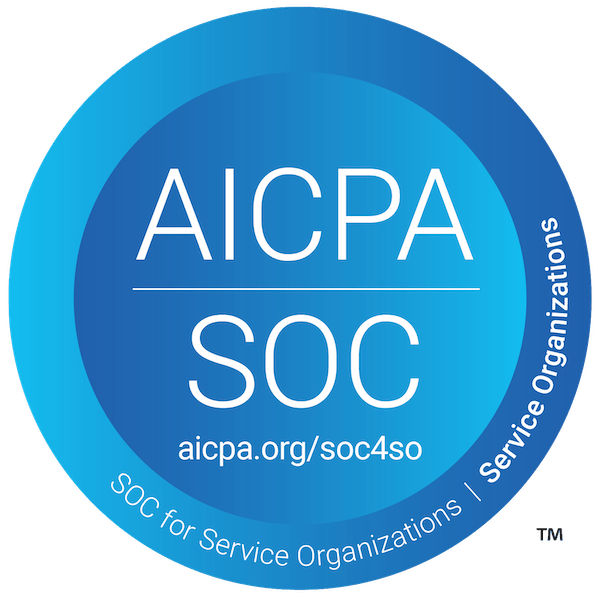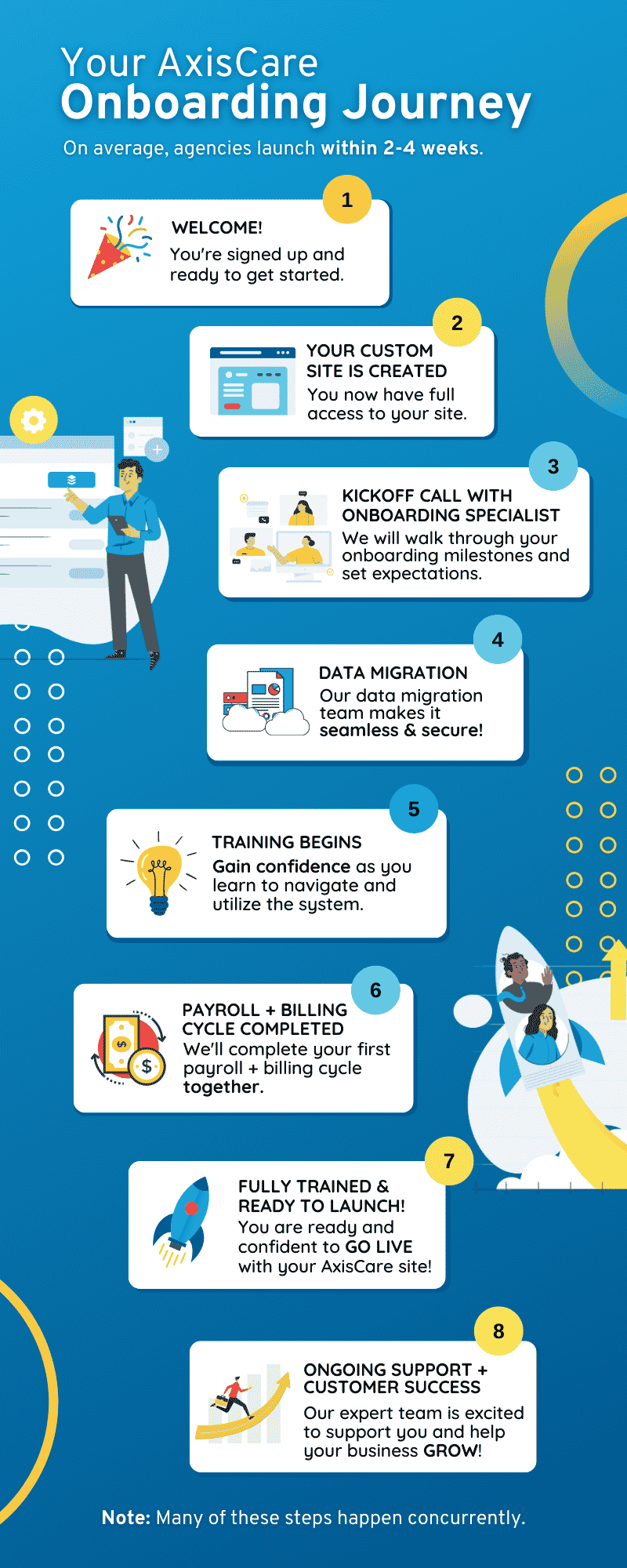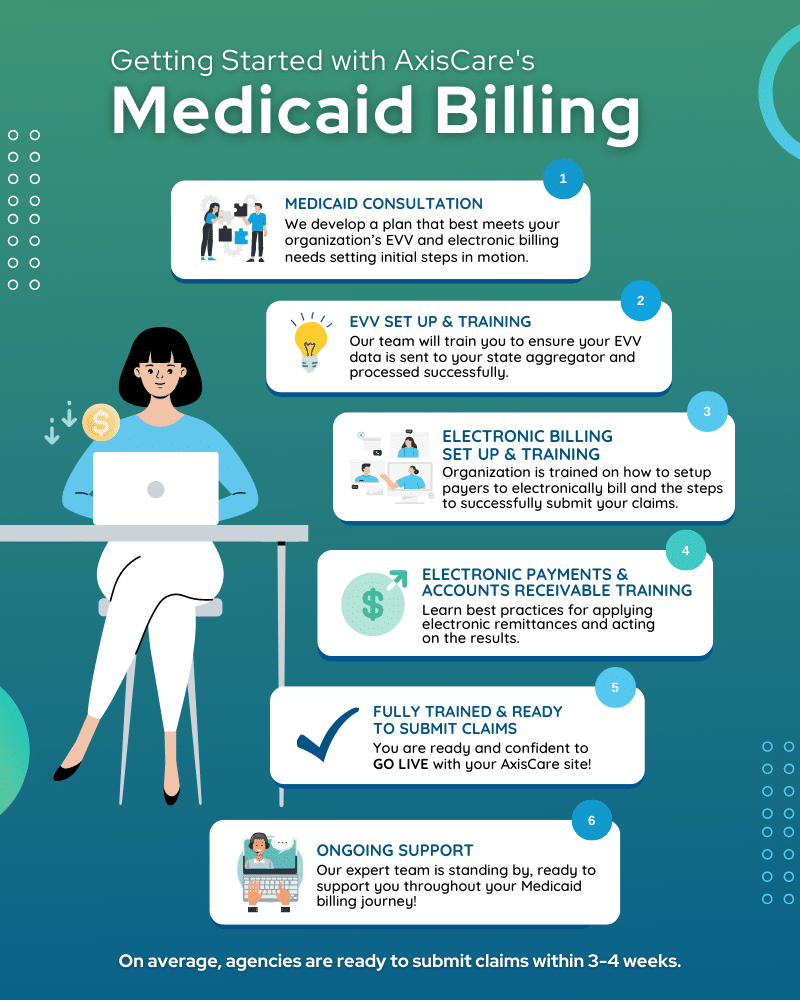By Jennifer Lagemann for CareAcademy
Caregiver training has always been a hot topic in the home care industry. But, how do you get your caregivers to engage and complete their training?
There are two ways to think about training: basic compliance and upskilling.
Of course, there is always going to be a set list of things you have to train your caregivers on each year. However, you must consider how to incorporate continuing education and upskilling opportunities to empower your caregivers to grow professionally.
Here are our top tips and tidbits of information that’ll help you set up your caregivers for success:
- Use educational opportunities as a recruiting tool.
- Reward your caregivers for getting their training done.
- Build training into your caregiver career ladder/matrix.
Let’s dive into each tip in more detail.
What’s The Role of Education In Caregiver Recruitment?
A top challenge for most home care agency owners is having a consistent pipeline of qualified and enthusiastic candidates.
Here’s the importance of utilizing caregiver education as a recruitment tool:
We surveyed 1,500 caregivers in August and September of 2021 to understand how education plays a role in caregiver satisfaction.
We found that:
- 94% of caregivers say access to further education is an important consideration in accepting a job offer, and yet
- 75% said their employer has never talked with them about ongoing education or training.
What do these two things say?
Caregivers want to learn and develop as professionals. As an employer, you can foster and nurture that hunger to learn by offering relevant educational opportunities.
We broke down their educational goals by type, and have the findings in the table below:
Do any of these results surprise you?
Your caregivers want to deepen their skillset–and they want to apply their knowledge in their day-to-day work.
When looking at your caregiver recruitment materials, make sure to add information about the opportunities they’ll have to learn and grow. Show them that there’s a path forward with education and training as a priority.
Reward Your Caregivers For Getting Their Training Done
Your caregivers are most likely getting paid for their training and orientation. However, going the extra mile to reward engagement can mean a difference in your caregiver recruitment and retention efforts.
CareAcademy customer, Pete Morrisey, the owner of Right at Home Gainesville, GA, suggests entering caregivers into a raffle if they’re caught up on their training.
Setting this up can be fairly easy! Let’s say you assign training at the beginning of each month; you could set a completion deadline the week before the end of the month, and host a raffle at the end of each month.
Your caregivers need to hear from you how well they’re doing. A 2022 study in Frontiers on organizational citizenship behavior (OCB) observed the impact of positive verbal rewards and found that:
“Praise or organizational recognition satisfies employees’ needs for competence and autonomy and enhances intrinsic motivation. That is to say, intangible daily rewards support employees’ expectation that they will gain more sense of achievement and will perform more engagement behaviors.”
Even if you don’t host a raffle or other tangible incentive for your caregivers, ensure you’re providing them with positive reinforcement and affirmation of a job well done.
Remember: Positive words of affirmation might not be the only way your caregivers want to receive feedback. Check out this blog on how to learn and apply your caregivers’ love languages.
Motivate Your Caregivers To Move Up Via Training
Many home care agencies have seen great benefits of setting up caregiver mentorship programs. Additional training opportunities can prepare caregivers to step up into leadership roles.
When you’re establishing career ladders or career matrices, make sure that you include a section on any special training or certifications that need to be done to get to the next step.
This is exactly why CareAcademy has created:
- Leadership and Communication Training
- CareAcademy Office Staff Training (which includes phone etiquette and relationship-building)
- CareAcademy Advanced Classes (which includes heart disease care and ways to manage hoarding behaviors in clients)
Your caregivers may have untapped interests that you could benefit from, such as good writing skills, the ability to problem-solve under pressure, and networking skills which could help them move into different positions with you.
If you don’t know about or understand where your caregivers want to go career-wise, add this as a section on your performance reviews. Instead of just reviewing historical information, ask your caregivers what they want their future to look like.
When they understand the impact of education and how it’ll unlock other opportunities for them, you’ll be sure to see training completion rates go up.
Investing In Caregiver Training Is Investing In Your Business
The ROI of training varies between organizations, however, an Accenture study found that there was a 353% ROI on learning.
Leonardo da Vinci once said “Learning never exhausts the mind.” Keep your caregivers’ minds sharp—just like they do for your clients, with brain engagement exercises and physical activity.
How are you going to work on engaging your caregivers in continuing education and training today?

